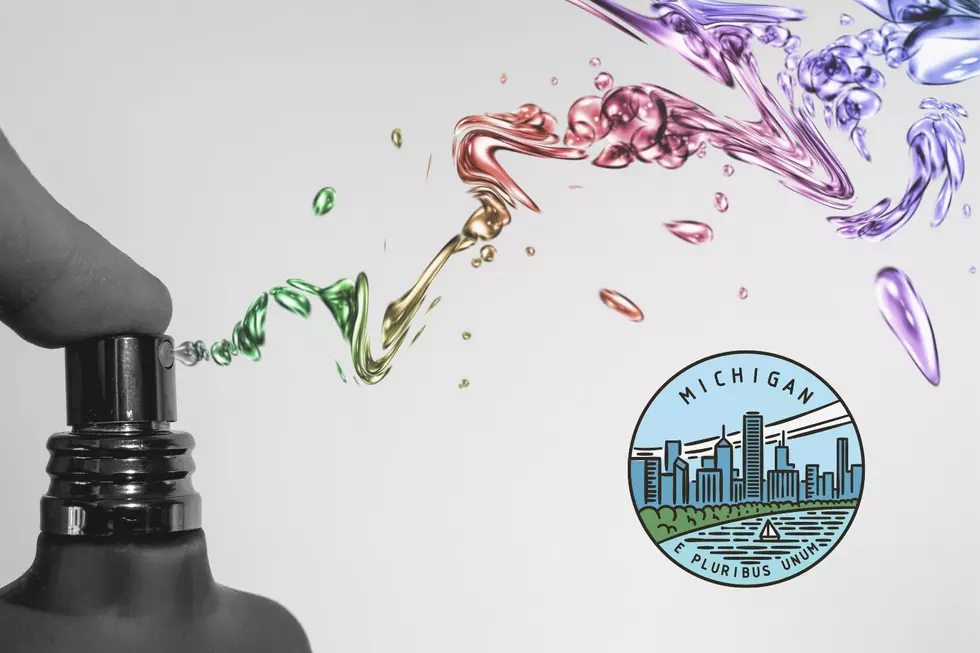![Mental Health Professional Alicia Talks About Addiction [Audio]](http://townsquare.media/site/44/files/2018/07/RS5090_148101457-scr1.jpg?w=980&q=75)
Mental Health Professional Alicia Talks About Addiction [Audio]
Every month we invite Alicia Wilder, our resident mental health professional, on to the show to talk about various mental health topics. This month we talked about addiction and how to recognize it and treat it.
If you are in need of resources regarding suicide awareness and prevention, we put together a resource page that lists several local and national services, hotlines, and websites that can help you learn more.
You can listen to the entire segment on addiction below:
To assess whether you or a loved one may have a Substance Use Disorder, here are some questions to ask. (You can also swap alcohol out for another substance or activity and determine if you might be suffering from a substance use disorder.) In the past year, have you:
- Had times when you ended up drinking more, or longer than you intended?
- More than once wanted to cut down or stop drinking or tried to, but couldn't?
- Spent a lot of time drinking? OR being sick or getting over the after effects?
- Experienced craving- a strong need, or urge, to drink?
- Found that drinking- or being sick from drinking- often interfered with taking care of your home or family? Or caused job troubles? Or school problems?
- Continued to drink even though it was causing trouble with your family or friends?
- Given up or cut back on activities that were important or interesting to you, or gave you pleasure, in order to drink?
- More than once gotten into situations while or after drinking that increased your chances of getting hurt (such as driving, swimming, using machinery, walking in a dangerous area, or having unsafe sex)?
- Continued to drink even though it was making you feel depressed or anxious or adding to another health problem? Or after having a memory blackout?
- Had to drink much more than you once did to get the effect you want? Or found that your usual number of drinks had much less effect than before?
- Found that when the effects of alcohol were wearing off, you had withdrawal symptoms, such as trouble sleeping, shakiness, irritability, anxiety, depression, restlessness, nausea, or sweating? Or sensed things that were not there?
You can use the scale below to determine your results:
- You said yes to 2 - 3 questions: Mild Substance Use Disorder
- You said yes to 4 - 5 questions: Moderate Substance Use Disorder
- You said yes to 6 or more questions: Severe Substance Use Disorder
Alicia also put together a fantastic list of resources for addiction:
SAMHSA’s National Helpline
- 1-800-662-HELP (4357)
- TTY: 1-800-487-4889 is a confidential, free, 24-hour-a-day, 365- day-a-year, information service, in English and Spanish, for individuals and family members facing mental and/or substance use disorders.
- This service provides referrals to local treatment facilities, support groups, and community-based organizations.
Area Providers:
- Network 180 - 1.800.749.7720
- Pine Rest Christian Mental Health Services - 866.852.4001
- Salvation Army - Turning Point Programs - 616.742.0351
- Arbor Circle - 616.456.6571
- Bethany Christian Services - 616.224.7550
- Cherry Street Health Services - 616.965.8200
- Family Outreach Center - 616.247.3815
- Our Hope Association - 616.451.2039
- Westbrook Recovery Center - 866.964.7280
- Wedgwood Christian Services - 616.942.2110
- Sanford House - 844.776.9651
Links:
Alcoholics Anonymous (AA)
- www.aa.org
- 212-870-3400 or check your local phone directory under “Alcoholism”
Al-Anon Family Groups
- www.al-anon.alateen.org
- 1-888-425-2666 for meetings
National Institute on Drug Abuse (NIDA)
- https://www.drugabuse.gov/SAMHSA
- https://www.samhsa.gov/ works to improve the quality and availability of substance abuse prevention, alcohol and drug addiction treatment, and mental health services.
More From Mix 95.7









